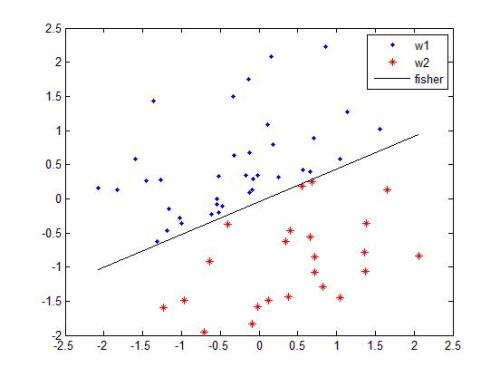Machine learning (ML) algorithms may be susceptible to being gamed by individuals with knowledge of the algorithm (a.k.a. Goodhart's law). Such concerns have motivated a surge of recent work on strategic classification where each data point is a self-interested agent and may strategically manipulate his features to induce a more desirable classification outcome for himself. Previous works assume agents have homogeneous preferences and all equally prefer the positive label. This paper generalizes strategic classification to settings where different data points may have different preferences over the classification outcomes. Besides a richer model, this generalization allows us to include evasion attacks in adversarial ML also as a special case of our model where positive [resp. negative] data points prefer the negative [resp. positive] label, and thus for the first time allows strategic and adversarial learning to be studied under the same framework. We introduce the strategic VC-dimension (SVC), which captures the PAC-learnability of a hypothesis class in our general strategic setup. SVC generalizes the notion of adversarial VC-dimension (AVC) introduced recently by Cullina et al. arXiv:1806.01471. We then instantiate our framework for arguably the most basic hypothesis class, i.e., linear classifiers. We fully characterize the statistical learnability of linear classifiers by pinning down its SVC and the computational tractability by pinning down the complexity of the empirical risk minimization problem. Our bound of SVC for linear classifiers also strictly generalizes the AVC bound for linear classifiers in arXiv:1806.01471. Finally, we briefly study the power of randomization in our strategic classification setup. We show that randomization may strictly increase the accuracy in general, but will not help in the special case of adversarial classification under evasion attacks.
翻译:机器学习( ML) 算法可能容易被熟悉算法( a.k.a. Goodhart 的法律) 的个人玩弄。 这种担心促使了最近战略分类工作的激增,因为每个数据点都是一个自我感兴趣的代理商,并可能从战略上操纵其特征,为他自己带来更可取的分类结果。 以前的作品假定代理商具有同质的偏好, 都同样喜欢正面标签。 本文将战略分类概括到不同数据点可能与分类结果有不同偏好的设置。 除了一个更复杂的模型, 这种概括化使我们能够将敌对ML的规避攻击也作为我们模型的一个特殊例子, 包括敌对ML的规避攻击作为我们模型的一个特殊例子, 其中正 [再 数据点更喜欢负 [resp. dec.] 标签, 从而首次允许在战略上和对抗性学习结果。 我们一般战略设置的VC-diension(SVC), 直径直径直线性分类中, 直径直径C 直径直径直径直径直径直径直的S.




